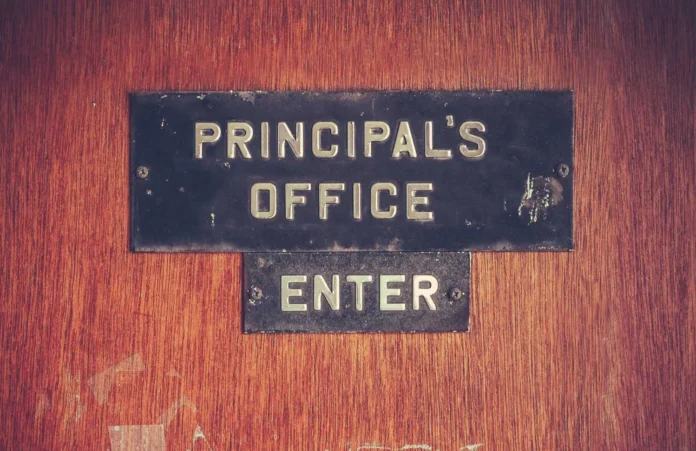Secondary school principals in Kenya have proposed a fee increment of up to KSh 27,000 per student citing inadequate government capitation that has left schools drowning in debts.
The proposal sent by the Kenya Secondary Schools Heads Association (KESSHA) to the Ministry of Education warns that schools are on the verge of closure due to rising operational costs and delayed funding disbursements. If implemented this will end Free Day Secondary Education (FDSE) and increase fees in national, extra-county and day schools.
Why Are Schools Pushing for a Fee Increase?
KESSHA argues that the government capitation of KSh 22,244 per student annually which was last reviewed in 2018 is not enough to meet the rising cost of education. The association highlights several financial challenges:
✔ Delayed and partial disbursement of funds – Schools get far less than the allocated amount, some get as little as KSh 10,479 per student.
✔ Inflation and rising costs – The cost of food, utilities and learning materials has gone up since 2018.
✔ Accumulated debts – Many schools are struggling to pay non-teaching staff and maintain essential services.
✔ Lack of funds for co-curricular activities – Sports and extra-curricular programs are being cut due to funding shortfalls.
✔ Special needs schools hit hardest – These schools get partial government grants making it difficult to support boarding students.
How Much More Will Parents Pay?
If the proposal is adopted parents will have to pay:
- National Schools – KSh 19,628 more annually
- Extra-County Schools – KSh 27,488 more annually
- Day Schools – KSh 5,372 annually (currently tuition-free)
Impact on Students and School Operations
KESSHA warns that if nothing is done Kenya’s secondary education system will face severe disruptions including:
- School closures – Institutions may shut down due to financial distress.
- Decline in academic performance – The number of students scoring grade ‘E’ in KCSE has increased by 72% since 2022 due to inadequate resources.
- Poor quality education – Schools cannot afford enough learning materials, meals and staff salaries.
Government Response and Next Steps
The Ministry of Education has so far only released half of the expected capitation funds for the first term. Education Cabinet Secretary Julius Oganga has assured school heads that the remaining funds will be disbursed this week.
Meanwhile KESSHA is urging the government to:
✅ Fully disburse capitation at the approved rate
✅ Review and adjust the school fees structure
✅ Address funding deficits to sustain quality education
Will School Fees Increase?
The government is yet to respond to the proposal but with rising costs and funding challenges an increase in school fees seems inevitable unless alternative funding solutions are found.
